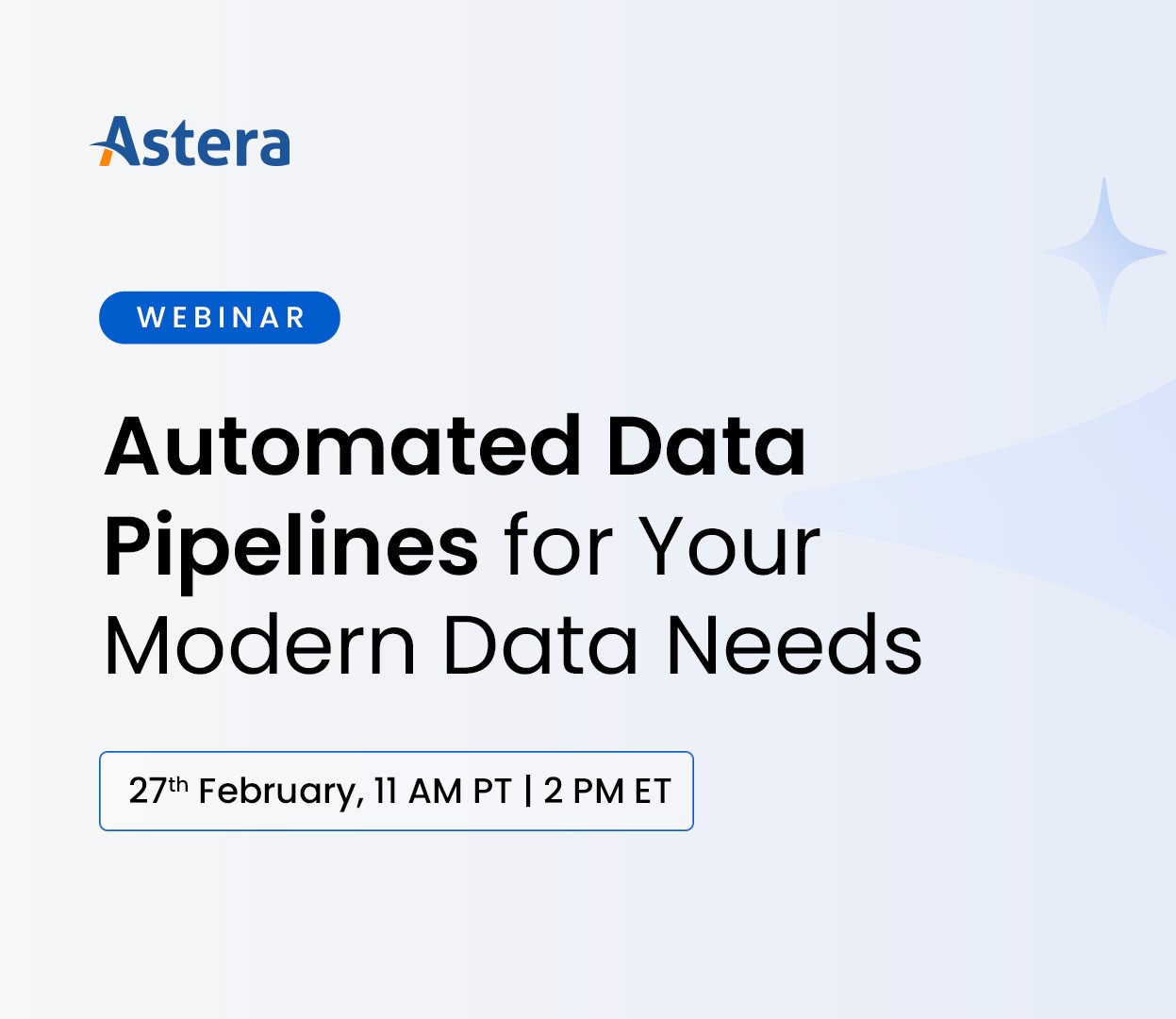
EDI 920 Loss or Damage Claim – General Commodities
What is an EDI 920 Loss or Damage Claim – General Commodities?
EDI 920 transaction set is helpful in filing a legal claim with any transportation carrier for loss or damage of goods.
The data contents and format of EDI 920 Loss or Damage Claim – General Commodities are used for the electronic interchange of information. This transaction set is divided into various segments and data elements.
Workflow for the Exchange of an EDI 920 Loss or Damage Claim – General Commodities
EDI 920 falls under the category of the X12I transaction set. This transaction set files a legal claim with any carrier of transportation for loss or damage incurred on goods.
Stay EDI Compliant with EDIConnect
With a built-in message parser, validator, and transaction builder, EDIConnect can handle transaction sets in X12 and EDIFACT formats. This helps businesses easily exchange EDI documents with their trading partners, allowing them to stay EDI compliant. Using EDIConnect, users can automate file uploads and downloads, create workflows, and transform files into the required format to streamline the process.
 NEW RELEASE ALERT
NEW RELEASE ALERT
 March 27th, 2025
March 27th, 2025 


